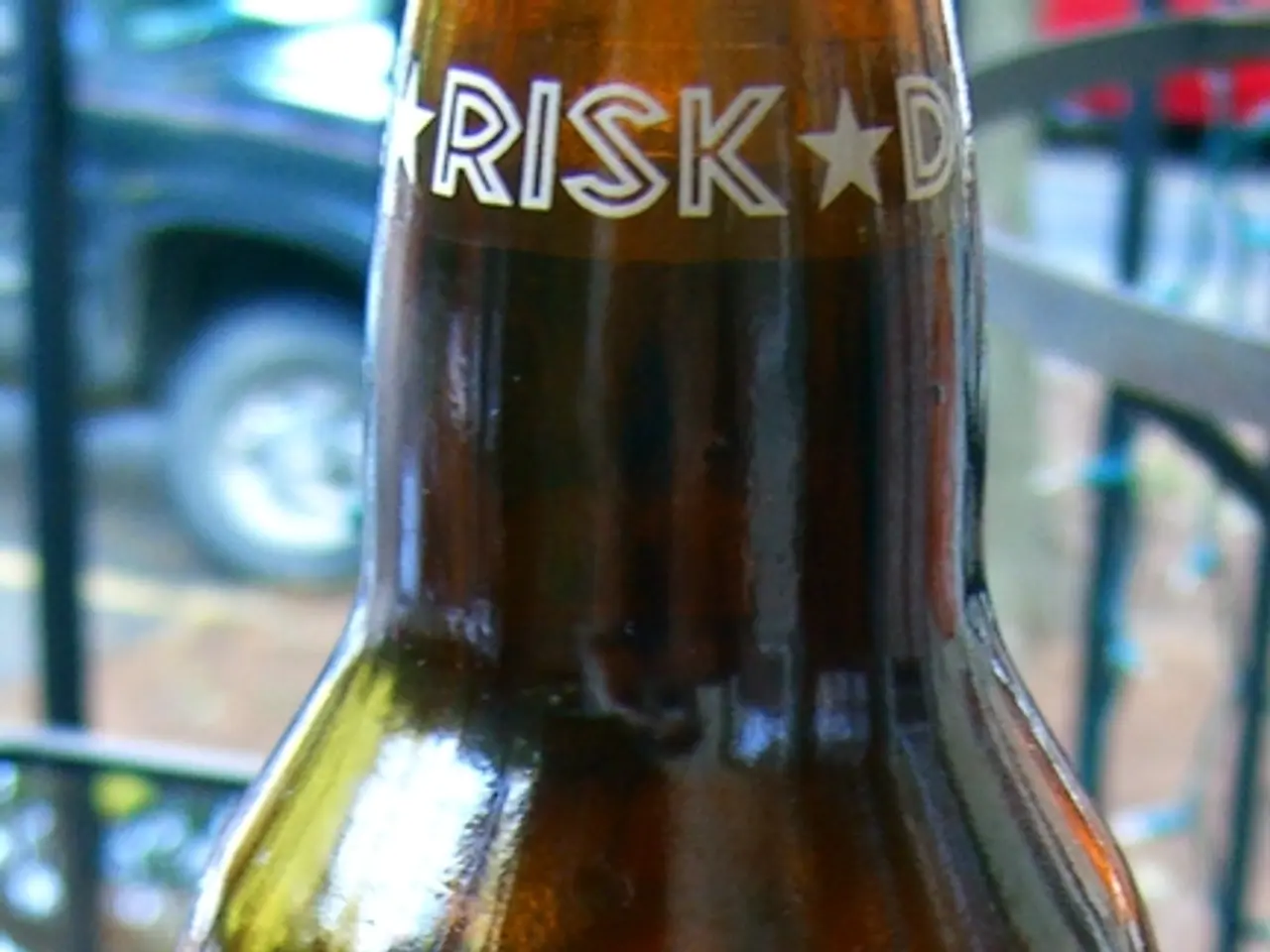Alcohol Consumption and Heart Rate: Does It Boost Heart Rates?
In a world where social gatherings often revolve around alcoholic beverages, it's essential to understand the impact of alcohol on heart rate and overall heart health. While moderate consumption might seem harmless, recent research suggests that even light drinking can have detrimental effects on the cardiovascular system.
Firstly, it's important to note that alcohol dilates blood vessels, causing the heart to pump harder and faster to compensate. This temporary increase in heart rate can potentially lead to tachycardia, heart failure, arrhythmia (including atrial fibrillation), heart attack, and stroke. Chronic use, however, can impair the heart's function, leading to more serious heart rate abnormalities [1].
Long-term effects of alcohol on heart health are predominantly negative and can lead to serious cardiovascular problems. Alcohol consumption raises blood pressure, contributing to heart disease and stroke risk. Chronic alcohol use can cause arrhythmias, such as atrial fibrillation, which increases stroke risk. Long-term excessive drinking can weaken and enlarge the heart muscle, leading to heart failure due to cardiac muscle toxicity and inflammation caused by alcohol [1].
Moreover, alcohol interferes with normal blood flow and clotting mechanisms, raising the likelihood of blood clots, heart attacks, and stroke. Alcohol also contributes to plaque buildup in arteries, impairing circulation and increasing cardiovascular disease risk. Even light to moderate drinking is linked with slight increases in hypertension and coronary artery disease; risk rises exponentially with heavier drinking [3][4].
However, it's not all doom and gloom. Moderation is key when consuming alcohol. If one chooses to drink, limiting consumption and staying hydrated is recommended. A standard drink, containing about 14 grams of pure alcohol, can have a limited effect on heart rate for about six hours if one stops at one drink. Drinking water between alcoholic drinks can help manage heart rate [6].
Wearable technology can make people more aware of their heart rate when drinking alcohol. Knowing one's own health history and limitations is crucial when deciding to consume alcohol. If one experiences dehydration, arrhythmias, palpitations, or lightheadedness while drinking, it may indicate potential problems [7].
It's also worth noting that many craft beers have an alcohol content of 7%-9%. In the U.S., a standard drink is equivalent to 12 ounces of beer (5% alcohol content), 5 ounces of wine (12% alcohol content), or 1.5 ounces of distilled spirits or liquor (40% alcohol content) [8].
In summary, long-term alcohol use damages heart health through hypertension, arrhythmias, weakened heart muscle, and increased risks of heart attack and stroke, with no proven cardiovascular benefits at any consumption level. The idea that moderate alcohol consumption might be protective for the heart is being increasingly questioned, and experts recommend moderation when consuming alcohol [2][3][4]. Therefore, abstaining from alcohol is the safest option for those concerned about heart rate effects.
- It's vital to recognize that even light drinking can interfere with normal blood flow and clotting mechanisms, increasing the risk of blood clots, heart attacks, and stroke.
- Awareness of one's personal health history is crucial when deciding to consume alcohol, as certain individuals may be more susceptible to its detrimental effects on heart rate and overall heart health.
- Nutrition plays a role in maintaining heart health, and staying hydrated while drinking alcohol can help manage heart rate and reduce the impact on cardiovascular systems.
- In the realm of health-and-wellness and fitness-and-exercise, it's important to consider the science behind the effects of alcohol on heart health when making choices about alcohol consumption, with the safest option likely being abstinence.




